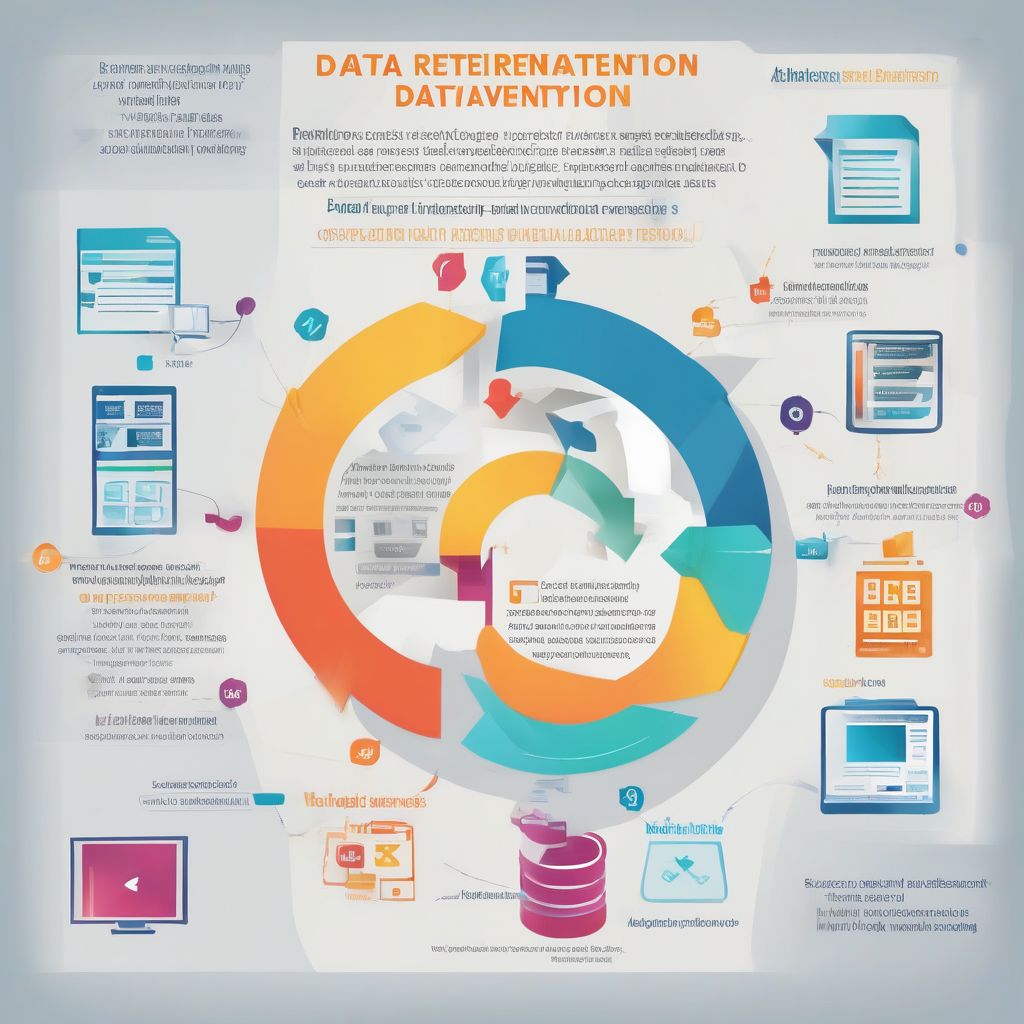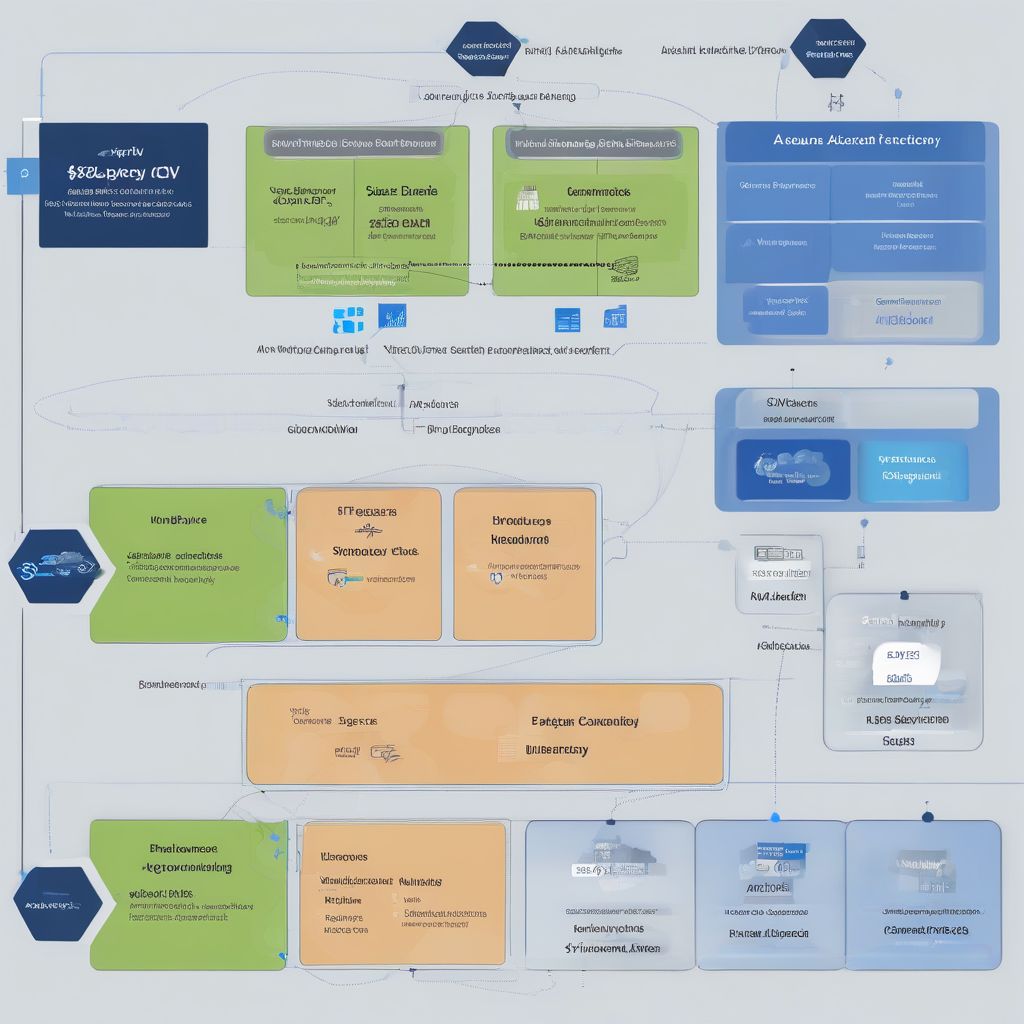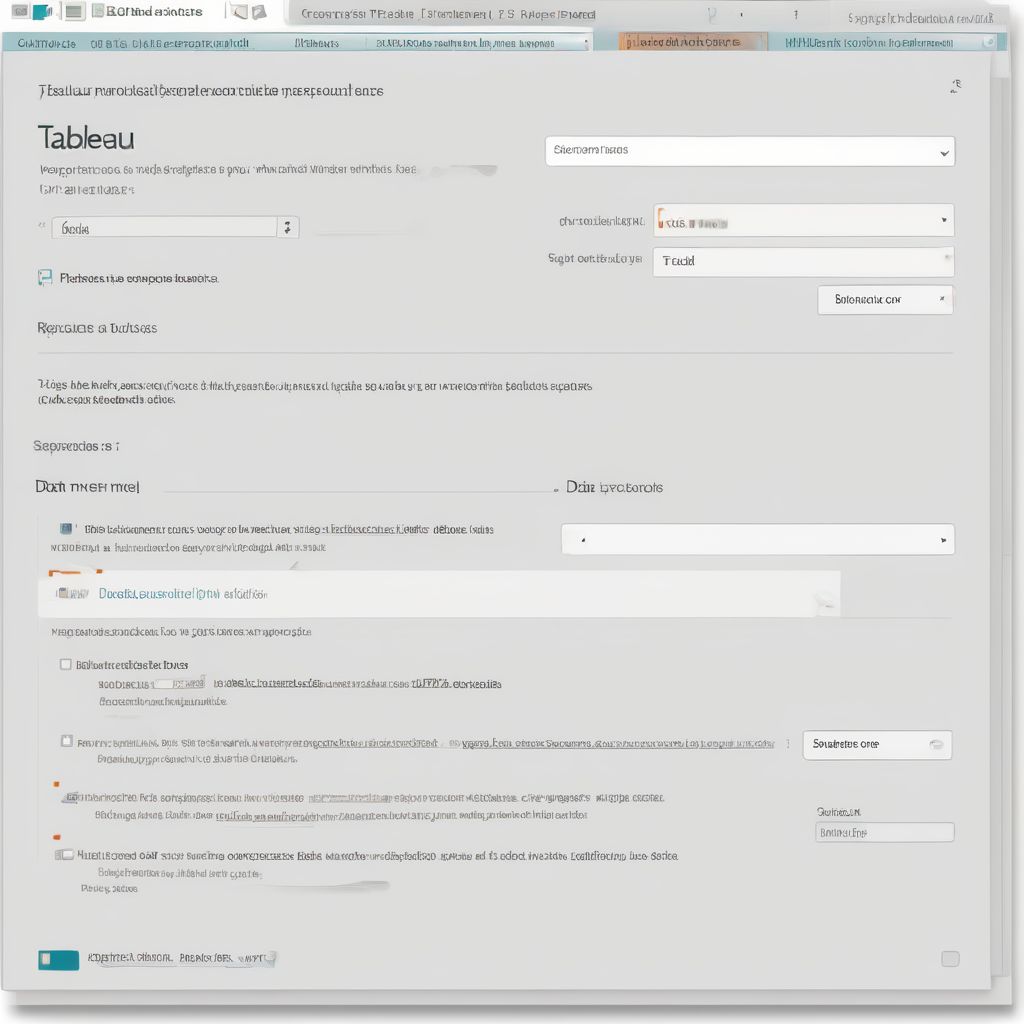In today’s digital age, data is the lifeblood of many organizations. From customer information to financial records, businesses rely on data for a multitude of operations. However, with the ever-increasing amount of data being generated and stored, it’s crucial to have a robust data retention policy in place. This article delves into Data Retention Best Practices, outlining why they are essential and how to implement them effectively.
What are Data Retention Best Practices?
Data retention best practices encompass a set of guidelines and strategies that organizations implement to manage their data lifecycle effectively. This involves determining:
- What data to store: Not all data holds the same value. It’s vital to identify critical data that needs to be retained and for how long.
- How long to store it: Legal, regulatory, and business requirements often dictate minimum retention periods.
- How to store it securely: Data security is paramount. Implementing appropriate measures to protect data from unauthorized access or breaches is crucial.
- How to dispose of it securely: When data is no longer needed, it’s essential to have secure disposal methods to prevent unauthorized access.
Why are Data Retention Best Practices Important?
Implementing data retention best practices is not just a box to tick; it offers significant advantages:
1. Legal and Regulatory Compliance
Numerous laws and regulations, such as GDPR, HIPAA, and SOX, mandate specific data retention requirements. Failure to comply can result in hefty fines and legal repercussions.
2. Reduced Storage Costs
Storing vast amounts of data can be expensive. By retaining only necessary data, organizations can optimize storage costs and allocate resources efficiently.
3. Improved Data Security
A well-defined data retention policy helps minimize security risks. By limiting the amount of sensitive data stored, organizations reduce their attack surface and potential liabilities in case of a breach.
4. Enhanced Decision-Making
Retaining relevant data for the appropriate duration facilitates better decision-making. Access to historical data provides valuable insights for business analysis and strategic planning.
Key Questions about Data Retention
Let’s address some common questions surrounding data retention:
1. What is a Data Retention Policy?
A data retention policy is a documented set of guidelines outlining an organization’s procedures for retaining and disposing of data.
2. What are the Different Data Retention Methods?
Common methods include:
- Backup and Restore: Creating copies of data for disaster recovery purposes.
- Archiving: Moving inactive data to separate, less expensive storage.
- Data Destruction: Securely erasing data when it’s no longer needed.
3. What Factors Influence Data Retention Periods?
Retention periods depend on factors like:
- Legal and Regulatory Requirements: Laws like GDPR may mandate specific retention periods.
- Business Needs: The operational needs of the business dictate how long certain data is relevant.
- Data Sensitivity: Highly sensitive data may require longer retention periods for security reasons.
Data Retention Best Practices in Action
Implementing these best practices can seem daunting, but a structured approach can simplify the process:
1. Conduct a Data Inventory
Start by identifying all data stored within the organization, classifying it by sensitivity and purpose.
2. Develop a Data Retention Policy
Create a comprehensive policy document outlining retention periods, storage methods, and security protocols.
3. Implement Secure Storage Solutions
Utilize secure storage solutions like encrypted databases or cloud storage with appropriate access controls.
4. Regularly Review and Update
Data retention needs evolve. Regularly review and update your policy to align with changing regulations and business requirements.
data.smbtechconsultants.com/wp-content/uploads/2024/07/data-retention-best-practices-66a334.jpg" alt="Data Retention Best Practices Diagram" width="1024" height="1024">Data Retention Best Practices Diagram
Conclusion
Implementing data retention best practices is crucial for organizations of all sizes. By adopting a proactive and strategic approach to data management, businesses can ensure legal compliance, enhance data security, optimize storage costs, and gain valuable insights for decision-making.
We encourage you to share your thoughts and experiences with data retention in the comments below. Have you faced challenges in implementing these practices? What strategies have worked best for your organization? Let’s continue the conversation and learn from each other.



